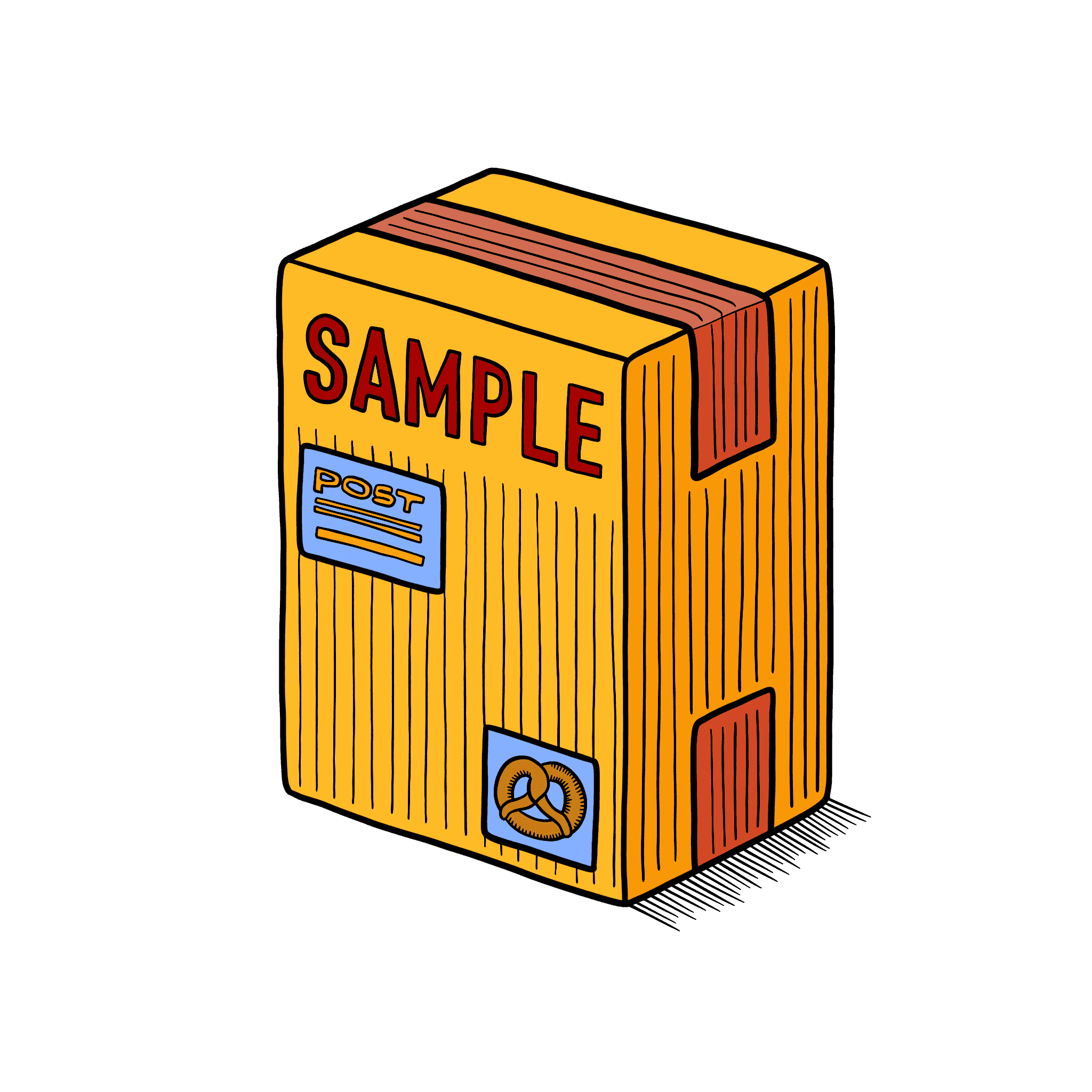9+ Easy German Non-Fiction Books
Learning German with Non-Fiction is a great but often neglected idea. There are some very clear advantages to non-fiction - especially when it comes to language learning
When it comes to reading books to improve your German, a lot of people recommend simple stories or easy novels to get started. That's solid advice, but people often forget that there is also a lot of great non-fiction out there, that might help a learner improve their reading skills in a foreign language.
Learning German by Reading Non-Fiction Books
Why do we recommend non-fiction for beginners and early intermediates? What's so great about non-fiction when it comes to language learning?
The answer is that non-fiction books are often written in much simpler language. Most non-fiction books try to bring some point across - they are not focused on stringing together particularly beautiful sentences or entice you with a complex plot. You won't have to keep track of dozens of characters and you also won't come across a lot of slang or regional idioms.
Non-fiction books are more straightforward and written in plain, natural language.
Another advantage of reading non-fiction to learn German is that you might know a little bit (or even quite a bit!) about the topic. This is very helpful, as you are less likely to lose the plot and get lost.
Many non-fiction books are also written in a very similar tone and have a very similar, neutral voice. In literature, this is not the case. A Thomas Mann novel will have a totally different voice and style of narration than a book by Jörg Fauser or Hermann Hesse. Once your German is at a high intermediate or advanced level, it's of course very interesting to explore these different narrating voices, but while you're not there yet, it might be more satisfying an experience to give non-fiction books a shot.
Best German Non-Fiction
1. Non Fiction Books by Andrea Wulf
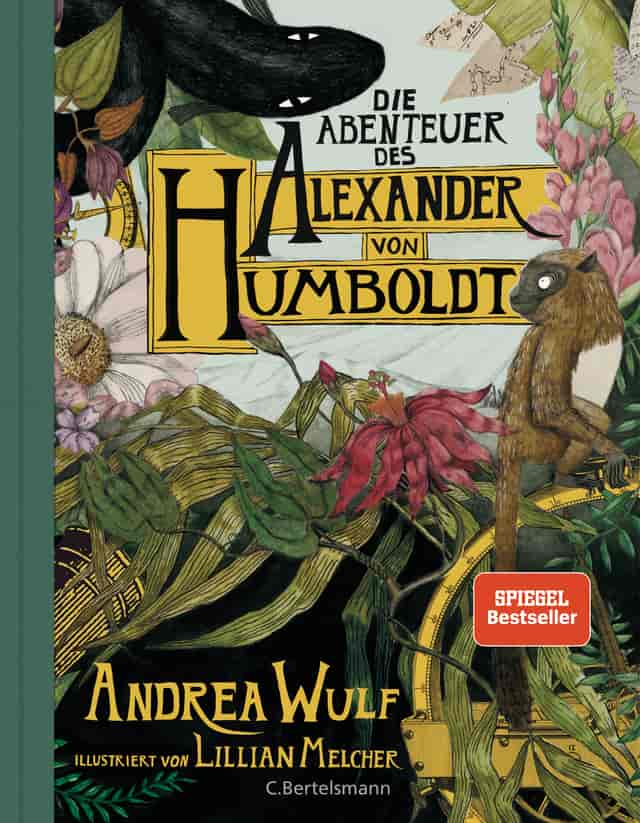
Based on newly accessible diaries, sketches, maps, and botanical specimens, Andrea Wulf captures the hardships, scientific discoveries, and Humboldt’s warnings about environmental damage and colonial injustices.
This illustrated non‑fiction book recounts Humboldt’s South American expedition from 1799 to 1804. It's great for learners who have an interest in German history, and would like to understand what Germany was like in the late 18th century.
2. Richard David Precht's History of Philosophy Series
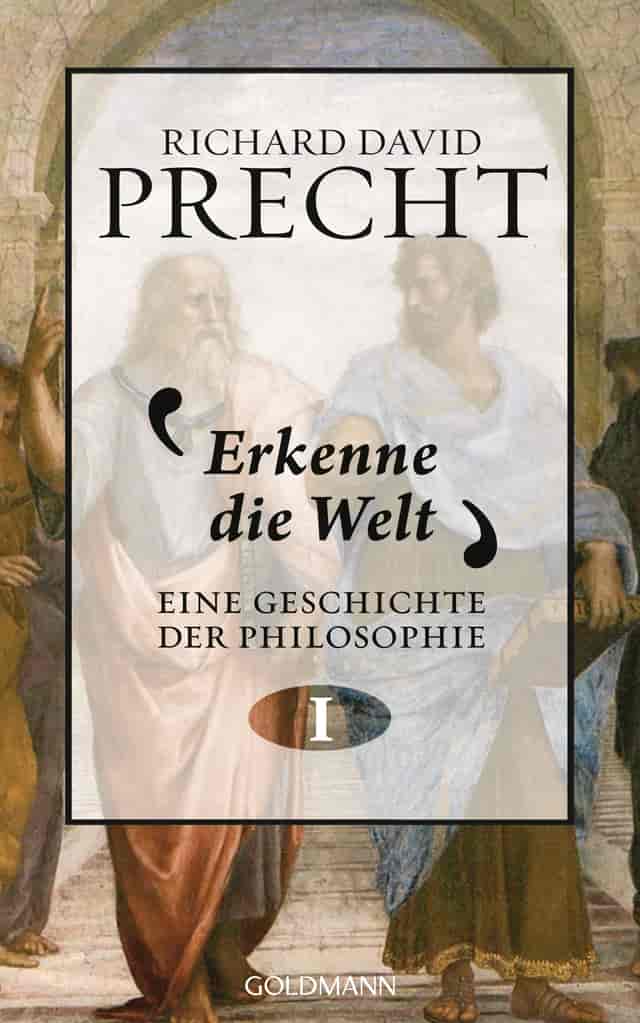
Precht’s multi‑volume series narrates the development of Western philosophy from antiquity through modernity. He connects major thinkers and ideas in clear, engaging prose. Volume 1 covers ancient philosophy, while subsequent volumes explore modern and contemporary philosophy.
This is great for learners fascinated by big questions about meaning, ethics, and human thought. Precht generally writes in very clear, understandble German. If this is too difficult for you, his philosophy book "Wer bin ich, und wenn ja, wie viele?" was written for children who are interested in philosophy.
3. Erzählende Affen - Mythen, Lügen, Utopien
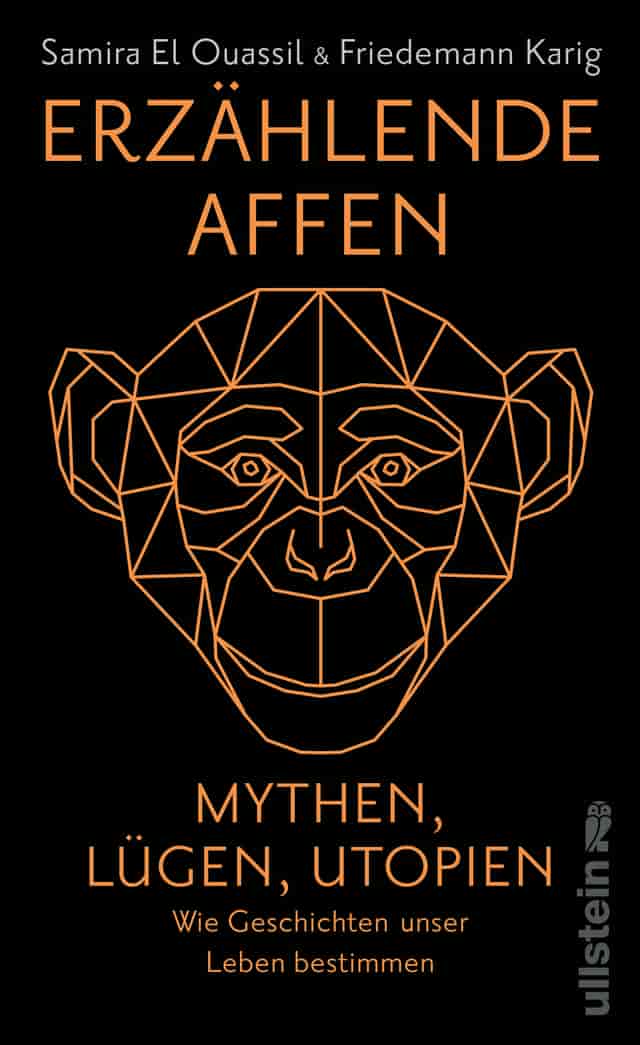
This interdisciplinary book investigates how myths, conspiracy theories, and utopias shape collective belief. Through case studies and cultural analysis, the authors explain how stories influence how societies think and behave.
This book investigates how narratives shape society. The authors show how stories influence politics, belief, and social change. If you are at an intermediate level and have an interest in societal questions, you might want to give this one a shot.
4. Mai Thi Nguyen-Kim

In this evidence‑based analysis, science journalist Nguyen‑Kim examines societal debates like climate change, intelligence, and public health. Using clear reasoning and data, she challenges misinformation and shows how to distinguish fact from fake.
A Spiegel bestseller that teaches critical thinking in German. Great for learners interested in science communication and current issues.
5. Wilhelm Schmid
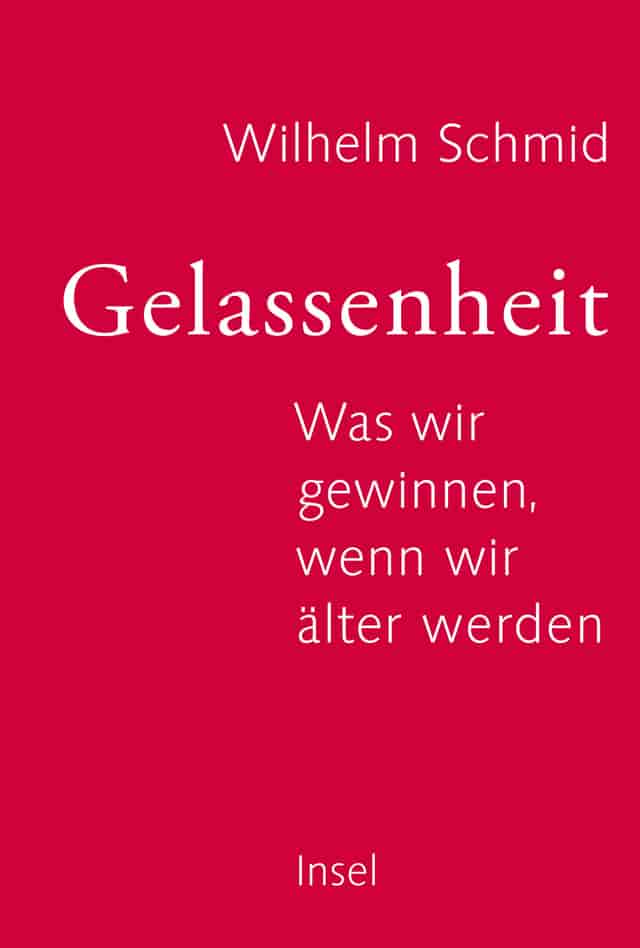
Schmid argues for the value of calmness in fast‑paced times and offers a ten‑step approach to cultivate inner balance, friendship, and acceptance of mortality.
Schmid, a philosopher (though no academic one), presents a practical guide to achieving serenity especially in older age. His writing is generally very simple and clear. Useful for learners interested in mindset, well‑being, and reflective thinking.
6. Rüdiger Safranski's Biographies
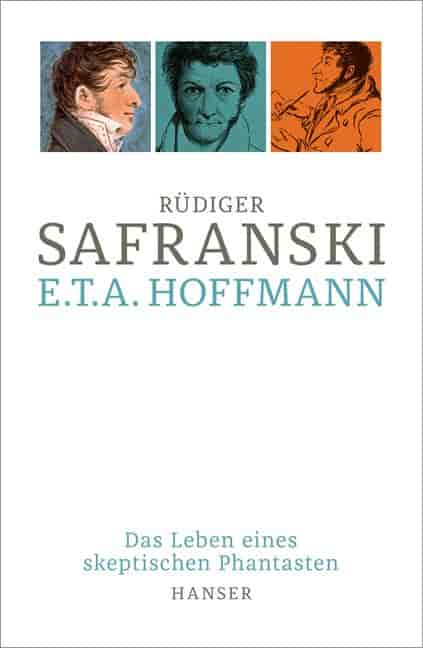
Rüdiger Safranski’s biography of E.T.A. Hoffmann is a landmark in German intellectual biography. He traces Hoffmann’s life as a Romantic-era artist and writer—renowned for his fantastic tales—while explaining the philosophical currents influencing him.
Rüdiger Safranski is one of Germany’s most respected historical biographer.
One standout is his biography of Friedrich Nietzsche, which reconstructs Nietzsche’s life and ideas in a readable narrative that also introduces the philosophical context. Another great read is his book on Schopenhauer, which portrays Schopenhauer’s turbulent intellectual journey.
These titles are excellent for learners who want biography plus philosophy. For these titles, we recommend that you are at least at a (high) intermediate level in German.
7. Das geheime Leben der Bäume
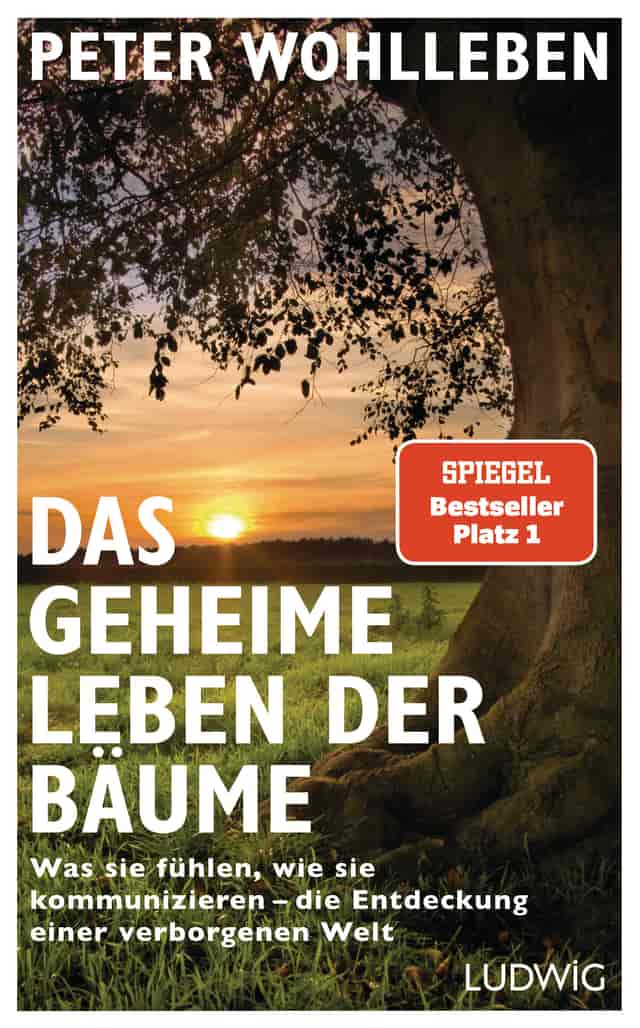
This international bestseller explores the secret world of trees. Wohlleben explains how trees communicate, care for young or sick neighbors, and demonstrate surprising intelligence and memory.
This book combines forest science with moving storytelling, making it accessible for general readers. Perfect if you enjoy nature, ecology, or science explained in everyday German.
8. Rolf Dobelli – Die Kunst des guten Lebens
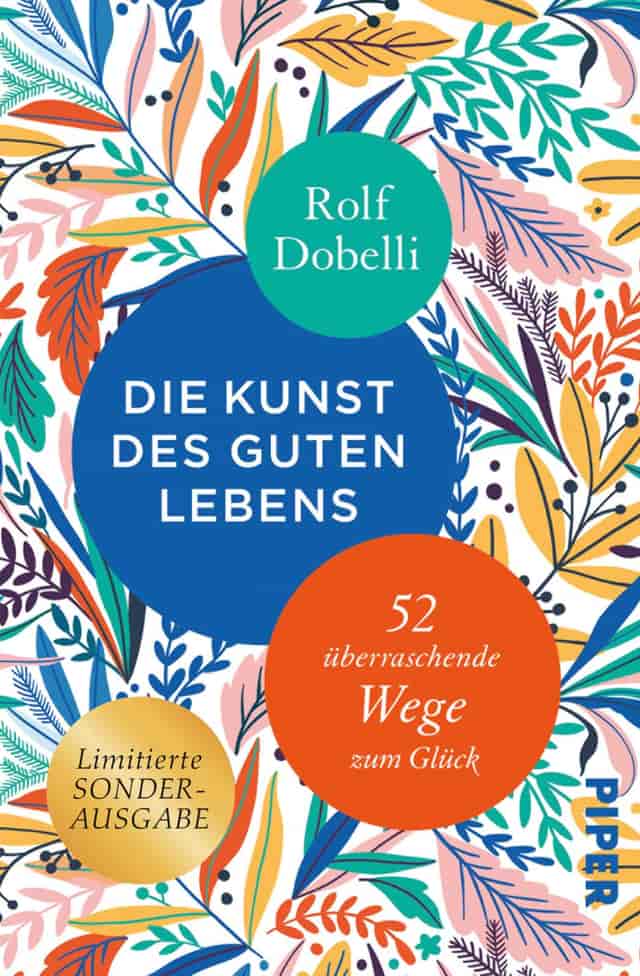
Dobelli offers practical wisdom on how to lead a better life. Rather than giving one universal answer, he presents 52 short “tools” or approaches drawn from philosophy, psychology, and economics.
"Die Kunst des guten Lebens" is an interesting non-fiction book that encourages reflection on choices and habits.
It’s ideal for learners seeking bite‑sized ideas, as each chapter is just a few pages long, introducing a philosophical or psychological concept.
9. Markus Gabriel
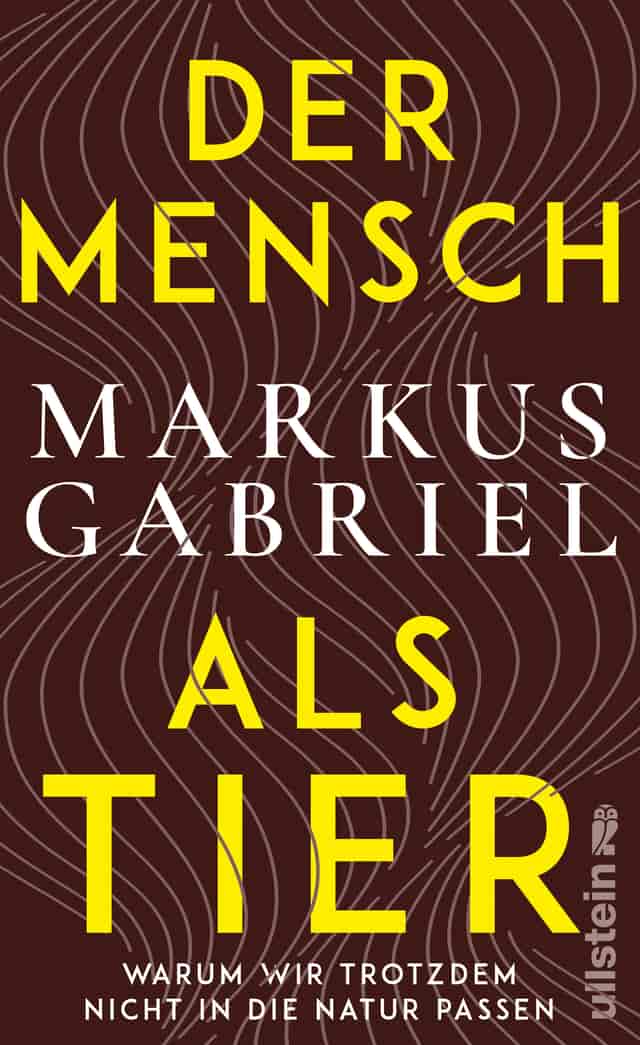
In this philosophical work, Markus Gabriel explores the existential question: are humans merely animals? The book combines philosophy and science in clear, thoughtful German prose and addresses urgent questions about human identity in a changing world.
Markus Gabriel is known for books like "Warum es die Welt nicht gibt" and "Ich ist nicht Gehirn". He writes modern philosophy for a wide audience, challenging assumptions about reality, knowledge, and consciousness.
Gabriel is a leading figure of the “New Realism” school, and he offers thought‑provoking texts without academic overload. But careful, some of his books can be quite confusing nonetheless.
3 More
Manfred Spitzer
Manfred Spitzer is a German psychiatrist known for writing engaging books about the human brain and learning. In The Mind within the Net, he explains neural network models in simple, non‑mathematical language. The book helps readers understand how our brains process information and why learning works the way it does
Great for learners interested in how the brain influences memory, education, and behaviour.
Von Schirach
Ferdinand von Schirach’s debut short story collection Verbrechen (2009) draws directly on his work as a criminal defence lawyer. In eleven tightly crafted stories (each 14–32 pages), an unnamed legal narrator presents court cases involving moral dilemmas, justice, guilt, and ambiguity.
Most of stories, while fictionalized, are based on Von Schirach's experiences as a criminal defence lawyer.
Darm mit Charme
Giulia Enders, a gastroenterologist, takes readers on an informative and humorous journey through the digestive system. She explains how the gut works, the gut‑brain axis, and why diet and microbiome affect our health and mood.
Conclusion
Reading nonfiction in German is one of the best things a beginner can do. You should definitely try to improve your German language skills by reading novels, literature and poetry - and so on. But reading non-fiction is especially helpful. We



